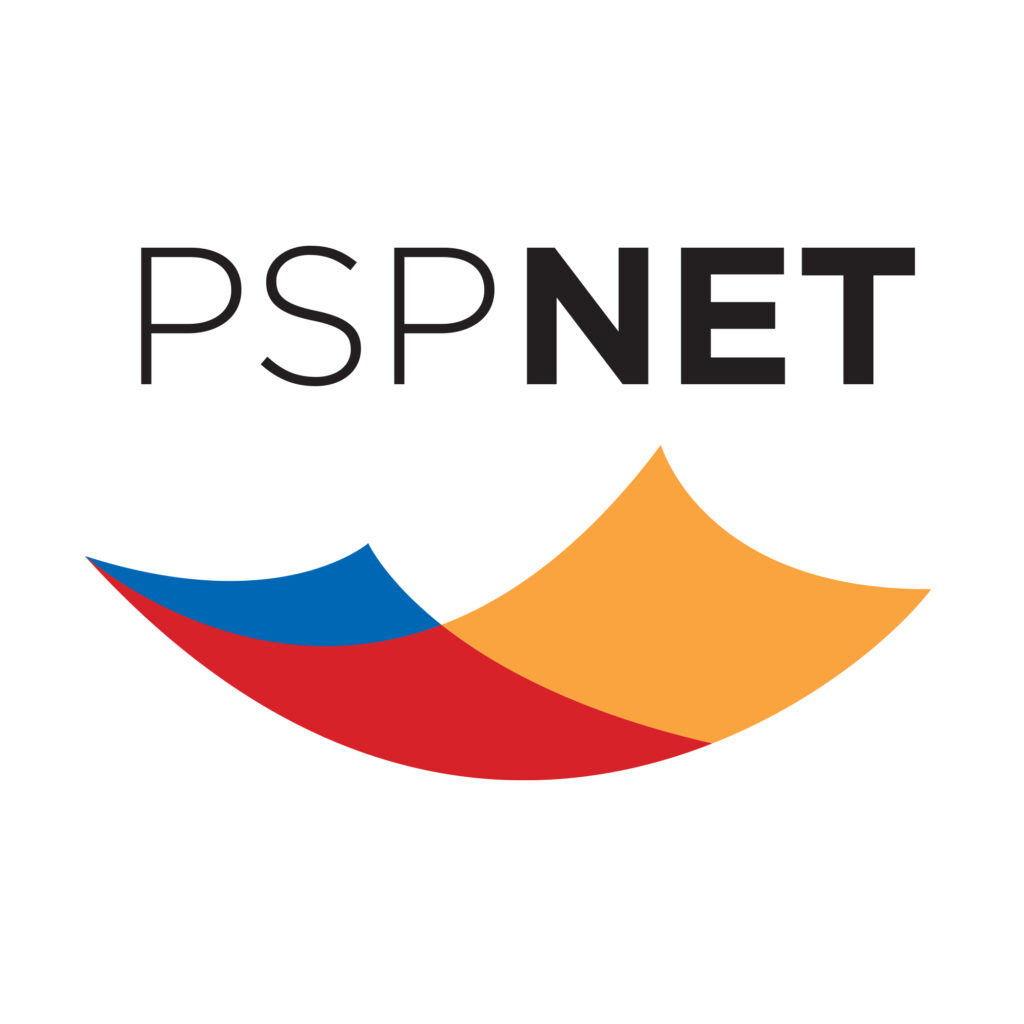Suicide Awareness and Understanding Suicide Among Public Safety Personnel
Sharing mental health resources for healthcare workers and public safety personnel affected by the COVID-19 pandemic
Learn more about CIPHERSeptember is Suicide Awareness Month and September 10 is World Suicide Prevention Day
Learn moreEvents in support of Suicide Awareness Month
Learn moreSupporting the mental health and wellbeing of first responders and other PSP
Learn more about PSPNETHow is your mental health today?
Try our self-assessment toolThe World Health Organization estimates that globally, one person dies every forty seconds by suicide.
In Canada, approximately eleven people per day die by suicide.1 We do not know how many Canadians who die by suicide are public safety personnel (PSP). But there is evidence that suicidal behaviours (i.e., thoughts, planning, attempts) appear higher for some PSP than for the general public.2 PSP face several unique occupational risk factors for suicide, including:
• Regular exposures to potentially psychologically traumatic events;
• Access to weapons and other lethal methods;
• A greater prevalence of mental health challenges;
• Shift work, which can disrupt regular sleep and impact mental health; and
• A tendency to prioritize helping others over themselves.1
Additionally, the structural stigma and the self-stigma against mental health issues can be high in PSP professions.1 For these reasons and more, we participate in Suicide Awareness Month (September) and World Suicide Prevention Day (September 10) by sharing resources about suicide among public safety personnel. And we encourage PSP across the country to learn more about what they can do to support their mental health.
if you or someone you know is thinking about suicide, there are people you can talk to
• Canada Suicide Prevention Service (CSC) 1-833-456-4566
• Canada Suicide Prevention Service (CSC) in Quebec 1-866-277-3553
An online resource for those having thoughts of suicide
The Canadian Association for Suicide Prevention has resources for those having thoughts of suicide, including crisis centre contacts.

Events in Support of Suicide Awareness Month
Join us September 6 for a webinar: Suicide prevention in public safety personnel in Canada: What would that look like and who should be involved?
And on September 19, the PSP Connect series features a discussion of the all new 9-8-8 Suicide Crisis Helpline launching this November.

PSPNET
Through PSPNET, CIPSRT is playing a leading role in developing and offering accessible, secure, and innovative evidence-based interventions to current and former PSP, their organizations, and their families through internet-delivered cognitive behavioural therapy. PSPNET is specifically designed to meet the unique needs of PSP, is confidential, and free to access. You do not need a referral.

PSP Suicide Fact Sheet
PSP face several unique occupational risk factors for suicide, but we can take steps to make talking about it and getting help easier. Download a fact sheet about understanding suicide and PSP.
Understanding Suicide in PSP
Dr. Simon Hatcher, is a Professor in the University of Ottawa Department of Psychiatry. He is lead researcher on the project, ‘Developing a suicide prevention strategy for PSP in Canada.’ Last year he shared his insights on what researchers know about PSP and suicide. View a 5 minute video below.
Insights from this video
There is much we don’t know about suicide. But we do know that 80-90% of people who die by suicide have had a mental illness before they die.
People who die by suicide can have feelings of loss, or being trapped in a situation with no escape, and of hopelessness.
How do we help prevent suicide?
- Improve identification and treatment of depression
- Increase awareness of depression/mental illness
- Improve knowledge and decrease stigma
- Train ‘gatekeepers’ – these are the people likely to come in contact with people in distress
- Train people to know how to respond to the question ‘Are you feeling suicidal?’
- Manage media and publicity (there is evidence the wrong type of coverage can increase suicide rates)
- Provide better care for high risk groups
- Manage and identify other risk factors, such as the characteristics of organizations that might make people more suicidal, and inequity in the general population
How do we help prevent suicide in PSP?
- Primary prevention – before people become high risk
- Improve access to mental health screening and increase awareness of mental disorders
- Address non-medical factors like toxic organizations, stigma etc.
- Train gatekeepers, for example peer support
- Secondary prevention – seeking treatment
- Provide better access to care and improved treatment
- Manage transitions between work/non-work better

Video: Suicide in Public Safety Personnel
Psychiatrist, professor, and researcher Dr. Simon Hatcher expands on the discussion above in this hour-long video: Public Safety Personnel – What we know, what we think we know, and what we don’t know.

How to support a co-worker
Co-workers are often among the first to notice mental health symptoms among peers. Because of a shared occupation, an individual may be more likely to open up to a co-worker. Download a resource sheet on assisting a co-worker experiencing mental health challenges.

PSP Mental Health Website
This online resource features over 300 programs and resources to assist PSP and their families. The programs and resources can be filtered by location, cost, delivery method, and more. Visit the website to find the program right for you.

Peer-On-Call
PeerOnCall and PeerOnCall Support, the mobile health apps customized for Canadian PSP, have been created to promote early intervention, mental health support, and psychological health and safety in public safety workplaces.

Self-Assessment Tool
How is your mental health today?
This anonymous online screening tool can help you identify whether you are experiencing symptoms of mood disorders, anxiety disorders, or post-traumatic stress disorder.

Suicide: Why words matter
This guide explains why the words we use to discuss suicide are so important, and how our words can help destigmatize suicide, leading to more compassionate and empowering conversations.
Additional resources
Preventing suicide: Warning signs and how to help (Government of Canada)
I’m concerned about someone: What you can do (Canadian Association for Suicide Prevention)
Suicide is everyone’s business: Steps in prevention (Canadian Association for Suicide Prevention)
References
1. Hatcher, S. (2021). Suicide in Public Safety Personnel what we know, what we think we know and what we don’t know. Presented for CIPSRT.https://youtu.be/VNxEaeIwe50
2. Carleton, R. N., Afifi, T.O., Turner, S., Taillieu, T., LeBouthiller, D.M., Duranceau, S., Sareen, J., Ricciardelli, R., MacPhee, R. S., Groll, D., Hozempa, K., Brunet, A., Weekes, R., Griffiths, C. T., Abrams, K.J., Jones, N. A., Beshai, S., Cramm, H. A., Dobson, K. S., Hatcher, S., Keane, T. M., Stewart, S. H., & Asmundson, G. J. G. (2018). Suicidal ideation, plans, and attempts among public safety personnel in Canada. Canadian Psychology/Psychologie canadienne, 59(3), 220-231. doi: 10.1037/cap0000136.